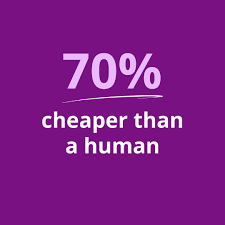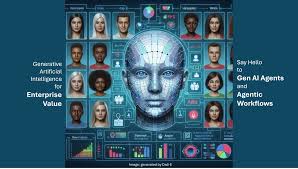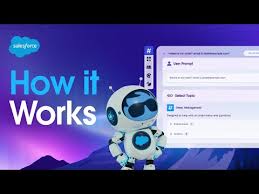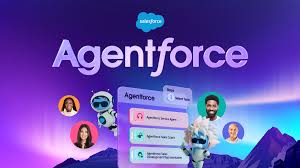Leveraging Agentforce
At Dreamforce 2024, Salesforce customers showcased the power of Agentforce by creating over 10,000 autonomous agents, each designed to address specific business challenges. The message was clear: “If you can describe it, Agentforce can do it.” By leveraging Agentforce, customers are able to create a flexible, on-demand digital workforce that operates without limitations, making it easy to build and deploy agents using familiar Salesforce tools and language. Why This Matters: Recent Salesforce research reveals that U.S. consumers often spend up to nine hours interacting with customer service to resolve a single issue. Moreover, 67% of consumers are frustrated when their issues aren’t resolved immediately and may abandon one-third of customer service interactions. This presents a massive opportunity to enhance the customer experience with AI-powered agents. “Piloting Agentforce made a noticeable difference during our busiest period — back-to-school season. We saw a 40% increase in case resolution, surpassing the performance of our old bot. Agentforce helps manage routine tasks, allowing our service teams to focus on more complex cases.” – Kevin Quigley, Director of Process Improvement, Wiley What’s New: Several new solutions are now available to all customers: Going Deeper: Agentforce is fully integrated into the Salesforce Platform, combining powerful data, AI, and the Salesforce Customer 360 ecosystem. This integration unlocks infinite agent capacity and proactive actions across all roles and channels, with full context on every customer interaction. Industry-Specific Examples: Agentforce’s flexibility allows it to serve various industries with tailored solutions: Customer & Analyst Quotes: “Agentforce is enhancing Saks’ ability to provide personalized customer support, automating routine tasks like order tracking, which allows our teams to focus on delivering a high-touch experience.” – Mike Hite, Chief Technology Officer, Saks Global “With Agentforce, OpenTable is automating routine tasks, saving time for our reps to focus on strengthening customer relationships and providing exceptional service to diners and restaurants worldwide.” – George Pokorny, Senior VP of Global Customer Success, OpenTable “By integrating Agentforce with Data Cloud and MuleSoft, we’re unlocking the full potential of our data, driving faster decisions and reimagining how we serve clients.” – Caroline Basyn, Chief Digital & IT Officer, The Adecco Group “Agentforce will revolutionize ezCater’s food management services, blending AI and human interaction to ensure seamless, personalized experiences for every customer.” – Erin DeCesare, CTO, ezCater Like Related Posts Salesforce OEM AppExchange Expanding its reach beyond CRM, Salesforce.com has launched a new service called AppExchange OEM Edition, aimed at non-CRM service providers. Read more The Salesforce Story In Marc Benioff’s own words How did salesforce.com grow from a start up in a rented apartment into the world’s Read more Salesforce Jigsaw Salesforce.com, a prominent figure in cloud computing, has finalized a deal to acquire Jigsaw, a wiki-style business contact database, for Read more Health Cloud Brings Healthcare Transformation Following swiftly after last week’s successful launch of Financial Services Cloud, Salesforce has announced the second installment in its series Read more




















